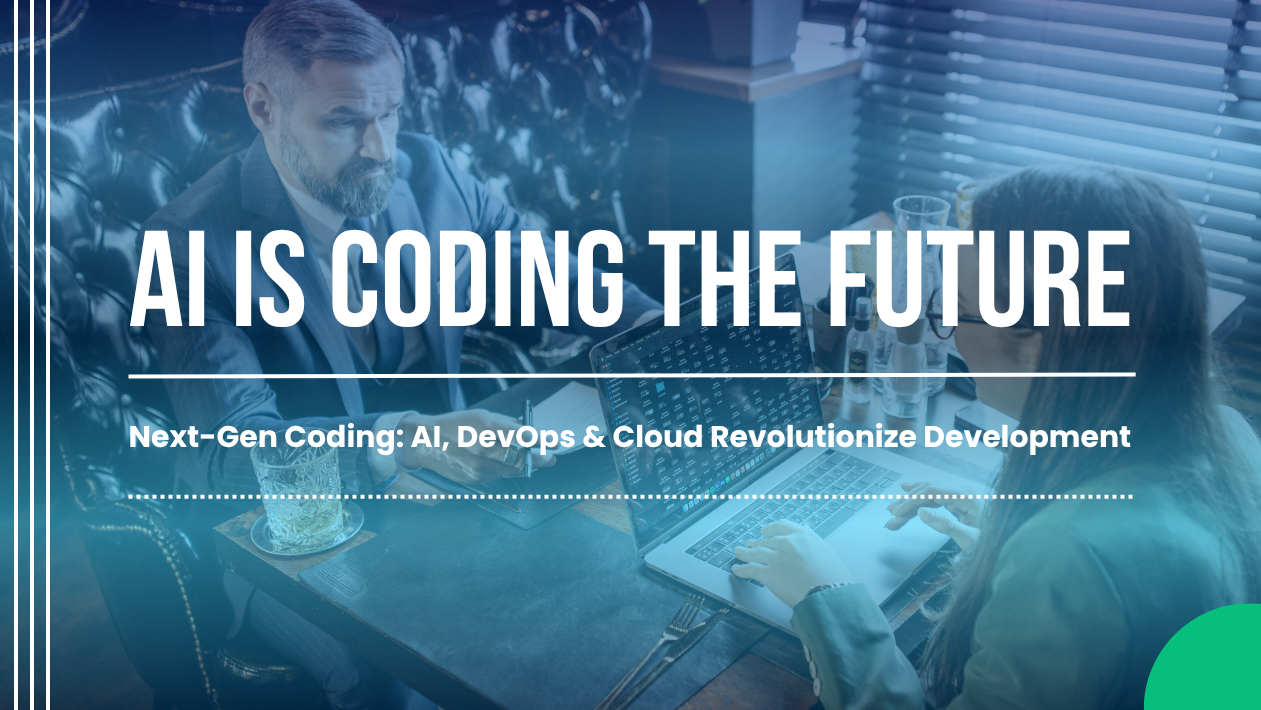As the digital revolution accelerates, emerging technologies in 2025 are pushing boundaries and reshaping industries. From Quantum AI breakthroughs to spatial computing platforms and next-gen biotech, innovation is entering a new era of speed, intelligence, and human-machine integration.
According to the World Economic Forum’s 2025 Emerging Tech Report, over 70% of global enterprises are now actively investing in one or more high-impact emerging technologies to stay competitive and future-proof their operations.
Quantum AI: Redefining Speed and Accuracy in Data Processing
One of the most disruptive forces of 2025 is the rise of Quantum Artificial Intelligence. Companies like IBM, Google, and Quantinuum have made major progress in using quantum computing to supercharge AI algorithms, solving problems in seconds that previously took days.
These advancements are driving breakthroughs in drug discovery, supply chain optimization, finance, and climate modeling.
“Quantum AI will be as transformative in the next decade as electricity was in the last century,” says Dr. Anika Rao, a quantum researcher at MIT.
Spatial Computing Merges Physical and Digital Worlds
Thanks to devices like Apple Vision Pro and Meta Quest 4, spatial computing is becoming mainstream. Enterprises are deploying spatial tools for virtual training, collaborative design, remote surgery, and 3D data visualization.
Industries such as healthcare, manufacturing, and real estate are using augmented reality (AR) and digital twin simulations to improve accuracy and reduce costs.
Biotech Innovation Accelerates Human-Machine Convergence
Advancements in biotechnology, especially in brain-computer interfaces (BCIs) and synthetic biology, are breaking new ground. Companies like Neuralink and Synchron have made significant progress in enabling direct communication between the brain and external devices.
This technology promises revolutionary applications in disability rehabilitation, mental health treatment, and even AI-human co-working environments.
Green Tech and Energy Storage See Record Investment
Emerging green technologies such as solid-state batteries, carbon capture AI, and hydrogen fuel cells are seeing explosive investment in 2025. As climate goals tighten, startups and governments alike are racing to scale clean energy infrastructure and smart grid solutions.
According to BloombergNEF, clean energy tech startups raised over $120 billion globally in just the first half of 2025.
Synthetic Media and GenAI Reshape Content Creation
Generative AI (GenAI) continues to evolve, now enabling real-time video generation, hyper-realistic avatars, and synthetic voices with minimal input. Creators and marketers are using tools like OpenAI’s Sora, Runway, and Pika Labs to produce cinematic-quality content at scale.
This is creating both opportunity and regulation concerns, especially around deepfake detection and ethical content creation.
The Future: Integration, Ethics, and Impact
While these technologies bring immense potential, they also raise questions about privacy, AI governance, job displacement, and digital equity. The future belongs to those who can responsibly innovate, ensuring tech progress aligns with societal needs.





